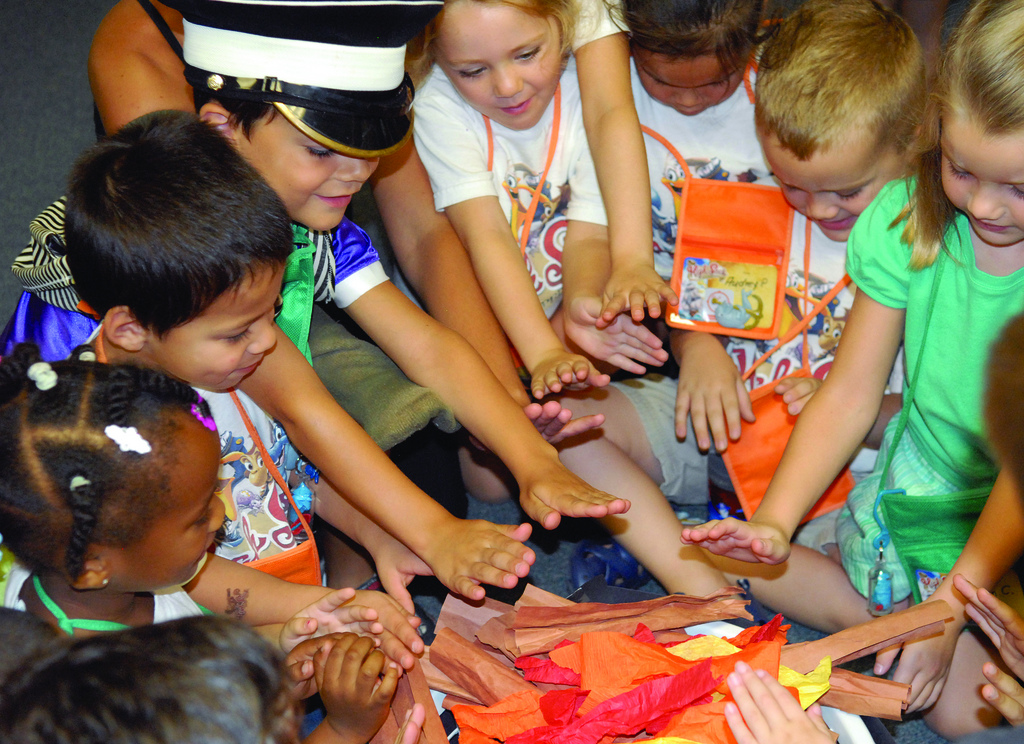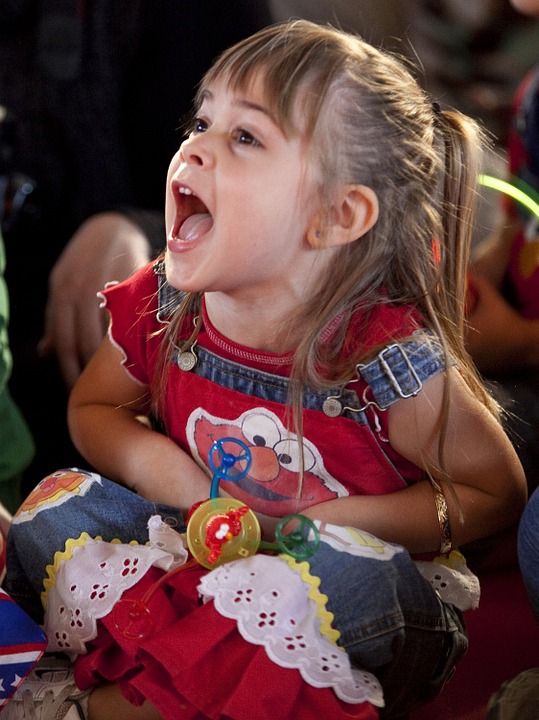World nursery rhyme week
World nursery rhyme week is happening from the 7th – 11th November and is a fun filled week celebrating the benefits of singing rhymes and songs with children in the early years. Many early years settings choose to incorporate singing into every day routines already so may feel participating in world nursery rhyme week would be nothing new for the children however this is an opportunity to really get the most out of nursery rhymes and spend a whole week exploring the benefits and completing nursery rhyme related activities. This week can also be used as a way to strengthen parent partnerships and home learning by encouraging parents to get involved.
The many benefits of singing in the early years
The benefits of singing are limitless and there are so many ways to extend the learning from nursery rhymes and songs. Let’s explore a few:
· Language development
· Learn about rhythm, rhyme, tempo, pitch, volume
· Extend knowledge
· Counting Skills
· Motor Skills if movement and actions are incorporated
· Fun and nonsense
· Social Skills
· Soothe, settle and comfort babies
· Order and sequencing of stories and sentences
· Pronunciation
There are many other benefits and all of these are supported and promoted through singing songs and rhymes with children. It allows them to experiment with language, movement and the world around them without their being any pressure or strict teaching. Through repetition of favourite rhymes children learn the meaning of new objects and learn to join in with the words. Singing songs at different tempos and by adding in actions gives children to chance to learn new words in a way that is different to if the words are merely spoken to them.

Activities for world nursery rhyme week
To promote learning and show active involvement in the week practitioners could:
· Create song bags
· Create song choice boards
· Invite the parents in for a singing session
· Send home song cards or activities
· Messy play trays – These could be based around a different nursery rhyme each week for example twinkle twinkle litte star could include, black sand, glitter and different sized star shapes
· Sing and sign sessions – Discover the Makaton to certain songs such as old mcdonald and take the opportunity to teach the children new signs
· Music and movement – Encourage large motor movements to particular songs and rhymes encouraging the children to move in different ways
· Learn a new song – Discover a new rhyme or song and teach the children over the course of the week
· Arts and Crafts – Create pictures based around nursery rhymes for example threading onto paper plates to create spider webs for incy wincy spider
· Encourage older children to find the rhyming words in certain songs
· Play musical instruments to the rhymes and songs encourage the children to think about the tempo or volume of the song. Is it fast or slow? Loud or quiet?
· Create a rhyme challenge to see how many different rhymes and songs the children know


Leave a Reply